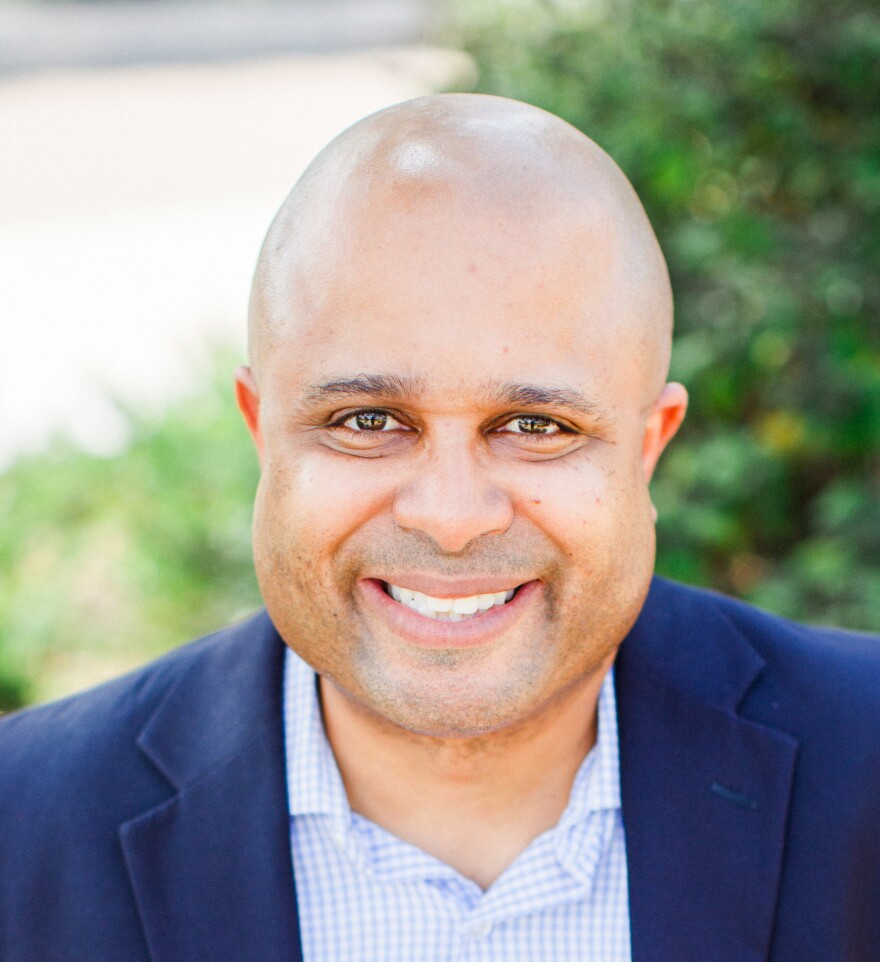When the Council of the Great City Schools compiled advice for school districts on how to use federal COVID-19 relief money, tutoring featured prominently.
Done right, the council said, intensive tutoring shows promise for helping children learn skills they missed during the pandemic.
Done wrong, it continued, tutoring can be a waste of time and money.
In the early 2000s, urban districts pumped a lot of money into contracts with outside groups that tutored students as part of the No Child Left Behind program. “(S)uch investments were ripe for mismanagement and exploitation, and ultimately produced little in the way of student gains,” the council concluded.

The best way to roll out tutoring in Charlotte-Mecklenburg Schools has become a point of contention between the district, Read Charlotte and some Mecklenburg County officials. Read Charlotte is an initiative created by Mecklenburg County foundations, businesses and public bodies to improve young children’s reading skills.
At a county budget review last week, Read Charlotte Executive Director Munro Richardson said the slow rollout in CMS contrasts unfavorably with a Guilford County tutoring program that started in fall of 2020 and has garnered national recognition.
“Guilford County had a tutoring effort six months after the pandemic hit,” Richardson said. “They had partnerships with two institutes of higher education. … They used their COVID dollars to hire high school students as tutors and gave them high school credit.”
In contrast, he said, CMS is about to finish its second full school year since the pandemic disrupted learning, and “we are woefully behind.”
Guilford’s program
Guilford County Superintendent Sharon Contreras began working on a tutoring program soon after the governor closed schools because of COVID-19 in March 2020, the district says.
By fall of 2020, with most schools across North Carolina teaching remotely, the district and a community support coalition called Say Yes Guilford were gearing up to offer what’s known as “high-dosage tutoring” — small-group or one-on-one sessions offered frequently for struggling students.
The district’s program, which initially focused on math, offers in-person tutoring during and after school, as well as evening appointments for virtual tutoring. The district paid college and high-school students to tutor children, using a combination of philanthropic grants, state grants and federal Title I money for high-poverty schools and federal COVID-19 relief money.
The Say Yes program used work-study college students and community volunteers to do one-on-one sessions, as well as high school students who volunteered in after-school tutoring sessions. That was supported by local grants, according to Communications Director Rosemary Plybon.
In July The Hechinger Report, a national education newsroom, featured Guilford County’s efforts. The district has also been cited in national reports from Education Week and ChalkBeat.
Tutoring in CMS
In fall of 2020, after a pause when schools were closed during the spring, CMS resumed working with Heart Math Tutoring, the Augustine Literacy Project and the Helps Education Fund to provide tutoring, staffed by volunteers.
In October 2021, the district announced it would use $50 million in federal COVID-19 aid to pay outside groups to provide tutoring.
“Gaps in student achievement that existed before the pandemic have grown wider, and they will not narrow without expanding learning opportunities and support beyond the time students are with our teachers and staff in classrooms during the school week,” Superintendent Earnest Winston said at the time.
CMS sought proposals from those groups in the fall, but the tutoring has not begun. School board member Margaret Marshall says those contracts will begin in June, alongside other summer programs to help students make up lost ground. She said the tutoring will be offered to students in the district’s highest-need schools.
“Students will get up to three sessions a week with a high-quality tutor, and some of those names are like a Sylvan, who you might be familiar with, or it could be community partners like UNCC or the YMCA,” she said.
The idea is to provide low-income families the same kind of options that some parents pay for. That’s something Read Charlotte’s Richardson emphasized in his presentation to county officials, as he lamented the slow pace of progress in CMS.
Marshall says federal requirements for the pandemic aid, coupled with the need to do background checks on prospective tutors, is what has slowed the effort.
One thing CMS and Guilford have in common: Both will move ahead with new superintendents. Winston was fired last month, and Contreras announced in January that she will leave at the end of this school year to take another job.
The national scene
Raymond Hart, executive director of the Council of the Great City Schools, said he doesn’t know enough about the two North Carolina efforts to talk about their differences. But he said that many member districts have been slow to start tutoring funded by federal pandemic relief funds because of the requirements, which include getting the state’s approval.
Citing the experience with No Child Left Behind tutoring, Hart says his group advises districts to move carefully into new tutoring programs, especially those that rely on outside agencies that are paid based on how many students show up. “We had anecdotal stories of community partners offering pizza to students outside of school buildings just so those students would come to their programs and they could get reimbursed,” he said.
“One of the things that we recommend is just being very wise about the investment of these funds,” Hart said. “Being wise about how you select partners to provide the tutoring.”



